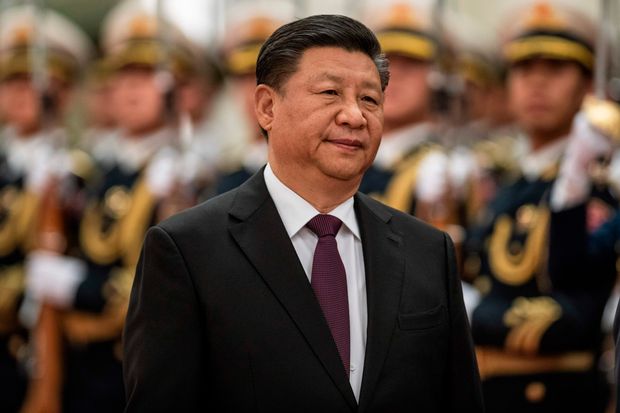As India gave a humiliating blow to Chinese attempts to intrude into the Galwan valley, many smaller nations like Vietnam, Philippines, Indonesia, Malaysia, which rarely responses to China’s bullying, are now speaking up against Beijing.
“This (Galwan clash) was the first clash of its kind on the Line of Actual Control because India has the capability and the will to stand up to an aggressive China,” said a top military commander after 15th June incident, in which many were killed from both sides.
So far, China had a free pass throughout its neighborhood as no country stood up to Chinese bullying. But this time, it was altogether a different ballgame as authoritarian Xi Jinping was facing arguably the most popular leader of earth, Indian Prime Minister Modi. The Nationalist Prime Minister gave a free hand to its battle-hardened army to deal with aggressive PLA soldiers, and the result is well-known.
“This face-off has demonstrated that Ladakh isn’t the South China Sea where the Chinese would be able to unilaterally change the status quo,” said a senior official in South Block.
Indian officials negated the South China Sea like situation but the fact is, after the 15th June incident and India’s aggressive boycott of China, even Southeast Asian nations whose military strength do not come close to the Chinese Armed forces, are pushing back on China’s aggressive expansionism.
In the 36th ASEAN summit held in Hanoi, Vietnam, The Southeast Asian nations came together to remind China that any further misadventure will be dealt with an iron fist.
Vietnamese Prime Minister said the while many countries are facing political, economic, and social challenges amid Coronavirus pandemic, few countries have been irresponsible and violated international law.
“While the entire world is stretched thin in the fight against the pandemic, irresponsible acts and acts in violation of international law are still taking place, affecting the environment of security and stability in certain regions, including in our region,” said Mr. Nguyen , Vietnamese Prime Minister who made no mention of China in relation to the comments.
Philippine President Rodrigo Duterte also slammed Chinese behaviour in the South China Sea and raised the issue of Beijing’s unilateral declaration of new administrative districts on islands of South China Sea, on which Vietnam and the Philippines have competing claims. “Even as our region struggles to contain COVID-19, alarming incidents in the South China Sea occurred,” Duterte told other ASEAN leaders.
“We call on parties to refrain from escalating tensions and abide by responsibilities under international law,” he said.
In the last few months, Beijing has increased activity in the disputed area of the South China Sea. The islands and waters of the South China Sea are a contested area between China, Taiwan, Philippines, Vietnam, Indonesia, and Malaysia.
However, none of these countries have been very vocal against Chinese aggression. But now, as India taught the bully a lesson, these nations got encouraged to reply in language that it understands.
ASEAN countries together have more than 65 crore people, good armed forces strength, and a resilient economy, therefore, the nations tried to send a message to China that they are together against Chinese aggression.
India’s tough stand against the bully has encouraged countries like Vietnam, Philippines, which have been benign so far, to send a tough message to China.
